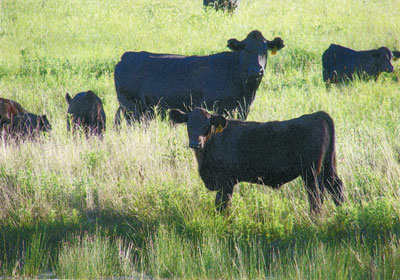All Nonfiction
- Bullying
- Books
- Academic
- Author Interviews
- Celebrity interviews
- College Articles
- College Essays
- Educator of the Year
- Heroes
- Interviews
- Memoir
- Personal Experience
- Sports
- Travel & Culture
All Opinions
- Bullying
- Current Events / Politics
- Discrimination
- Drugs / Alcohol / Smoking
- Entertainment / Celebrities
- Environment
- Love / Relationships
- Movies / Music / TV
- Pop Culture / Trends
- School / College
- Social Issues / Civics
- Spirituality / Religion
- Sports / Hobbies
All Hot Topics
- Bullying
- Community Service
- Environment
- Health
- Letters to the Editor
- Pride & Prejudice
- What Matters
- Back
Summer Guide
- Program Links
- Program Reviews
- Back
College Guide
- College Links
- College Reviews
- College Essays
- College Articles
- Back
Let's End Live Export
The live animal export industry is one with many problems regarding the shocking treatment animals are subjected to, both during the trip and once they arrive at their destination.
What is even more disturbing is the lack of awareness of the issue in our community. In an industry with absurdly high death rates before investigations as well as the minimal coverage in the news, people aren’t being made aware of the cruelty through regular news sources.
In 2011 on the ABC’s four corners program, “A Bloody Business”, an investigation into one of the Indonesian abattoirs was shown displaying the careless handling of the cattle with no way of justifying the behaviour. After watching the documentary, I believed this was an issue certain to gain plenty of support resulting in the end of the industry. Unfortunately, six years later too many people that have little knowledge on the topic.
The documentary was a good start but needs further broadcasting, preferably on one of the main channels such as seven, nine or ten. This will create greater awareness and re-spark a push by the public to have live exporting banned and for change to occur.
I interviewed the chief scientist and strategist of the RSPCA, Bidda Jones who said on a sea voyage it takes a “2% mortality rate for sheep and 1% mortality rate for cattle to trigger an investigation”. These percentages may sound low but on a voyage with 70 000 sheep, 1400 must die before a proper investigation into the cause of death occurs. Even if the ‘acceptable’ mortality rates are exceeded, which they are on a regular basis, it is highly unlikely you hear or read about in the local newspaper or on TV.
The money involved in the industry is the only reason it continues to run, even though when it’s compared to the meat industry it is doing far less for the economy. According to the Australian Bureau of Statistics, from 2004-2014 there was $6.8bn made in the meat export industry while only $901m was made from live export. With the money that can be made through meat export where the animals are slaughtered under Australian regulations, it makes no sense to support a business that isn’t maximising our economic opportunities.
Animals that land on foreign shores face treatment that is unimaginable for the standards Australia holds. Street slaughter, sledgehammering of cows, animal sacrifices and unstunned slaughter are common. Even throughout the process of being exported the animals can face problems.
When I asked Jones about the complications the animals can face on the journey she said, “due to the cramped and unfamiliar conditions animals are subjected to on board ships, which together with high temperatures and humidity while at sea, can result in inanition (failure to eat and exhaustion from lack of nourishment), salmonellosis, heat stress, pneumonia, and high mortality rates”. With all that can go wrong something affecting the animals’ health is bound to occur. There is no way in which their health and safety can be guaranteed.
How can we as a community bring about change? Anyone who adds their voice to the topic is helping the cause. There are many things you can do such as getting in touch with your local federal member of parliament whether that be over the phone or by email. The ultimate goal is to have live exporting banned in Australia, putting animal welfare before profit.

Similar Articles
JOIN THE DISCUSSION
This article has 0 comments.

I hope from this article people learn a little more about the industry and make it something well known amongst our generation.